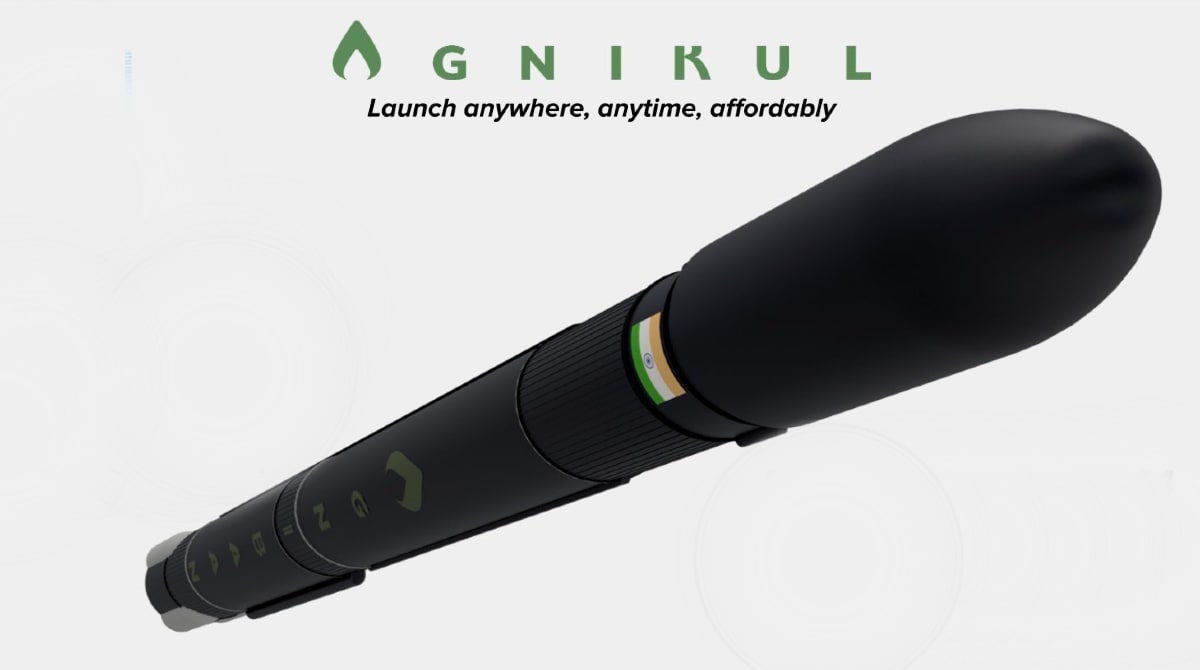Space tech startup Agnikul Cosmos today inaugurated India's first-ever facility to manufacture 3D-printed rocket engines in Chennai.
Named Rocket Factory 1, it was unveiled by Tata Sons chairman N Chandrasekaran and Isro chairman S Somanath in the presence of Pawan Goenka, the chairman of IN-SPACe (Indian National Space Promotion and Authorization Centre). The 10,000-square-foot facility is located at IIT-Madras Research Park. It will have a 400mm x 400mm x 400mm metal 3D-printer from EOS that will enable end-to-end manufacturing of a rocket engine under one roof.
The manufacturing facility has a
capacity to make two rocket engines per week and thereby one launch vehicle
every month, Agnikul co-founder Srinath Ravichandran told TOI.
"This s a milestone for us as we go from R&D phase into core manufacturing with the opening of this facility, and begin productionizing the launch vehicle engine making. We have a lot of inbound interest [for launches] from global quarters going up to 2024," Ravichandran said.
Agnikul is making Agnibaan,
a customizable, 2-stage launch vehicle, capable of taking up to 100 kg payload
to orbits around 700 km high (low Earth orbits) and enables plug-and-play
configuration.
Agnibaan comprises of a single-piece 3D printed engine Agnilet that is fully
designed and manufactured in India and was successfully test-fired in early
2021. Agnikul has raised a total funding of Rs 105 crore from Mayfield India,
pi Ventures, Speciale Invest and other angels such as Anand Mahindra and Naval
Ravikant since 2019. It is currently in discussion with investors to close its
next funding round soon, Ravichandran added.
"At full scale, the facility will have around 30-35 people working on
various processes and machinery, and we have already staffed the factory with
over 90% staff," he added.
Agnikul was founded in 2017 by
Srinath Ravichandran, Moin SPM and SR Chakravarthy (professor of IIT-Madras).
The startup is making Agnibaan, a customizable, 2-stage launch vehicle, capable
of taking up to 100 kg payload to orbits around 700 km high (low Earth orbits)
and enables plug-and-play configuration.
In December 2020, Agnikul had signed an agreement with Indian Space Research Organisation (ISRO) under the IN-SPACE initiative to have access to the space agency's expertise and its facilities to build rocket engines.
 |
| Agnibaan Engine |


Super bro..
ReplyDelete